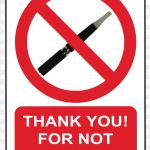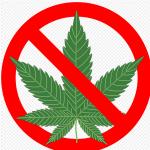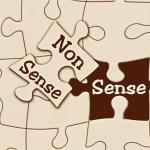Join our directors of bio-sciences and medicine, Cameron English and Dr. Chuck Dinerstein, as they break down these stories on episode 26 of the Science Dispatch podcast.
public health
For many years, the science communication landscape looked something like this: reputable universities and public health institutions did sound research and educated consumers about the risks they faced; devious activist groups fabricated health s
The evidence is quite clear at this point. Properly used, pesticides do not pose a serious risk to human health or the environment.
In the wake of legalization campaigns across the US, medicinal and recreational use of cannabis have gained widespread support, with nearly 60 million Americans
Grey's Anatomy is an awful program.
Many scientists complain about widespread science denial—then declare with a straight face that men can get pregnant and sex is a spectrum. This hypocrisy should horrify everybody.
More good news from the world of public health: teen vaping continues its steady decline, according to the latest results from the CDC's National Youth Tobacco
Has the body positivity movement gone too far? That's the question Dr.
A slew of recent studies has suggested that climate change is increasing the number of heart attacks worldwide.
The campaign to classify obesity as a victim status instead of a serious medical condition continues its rampage through popular culture.












